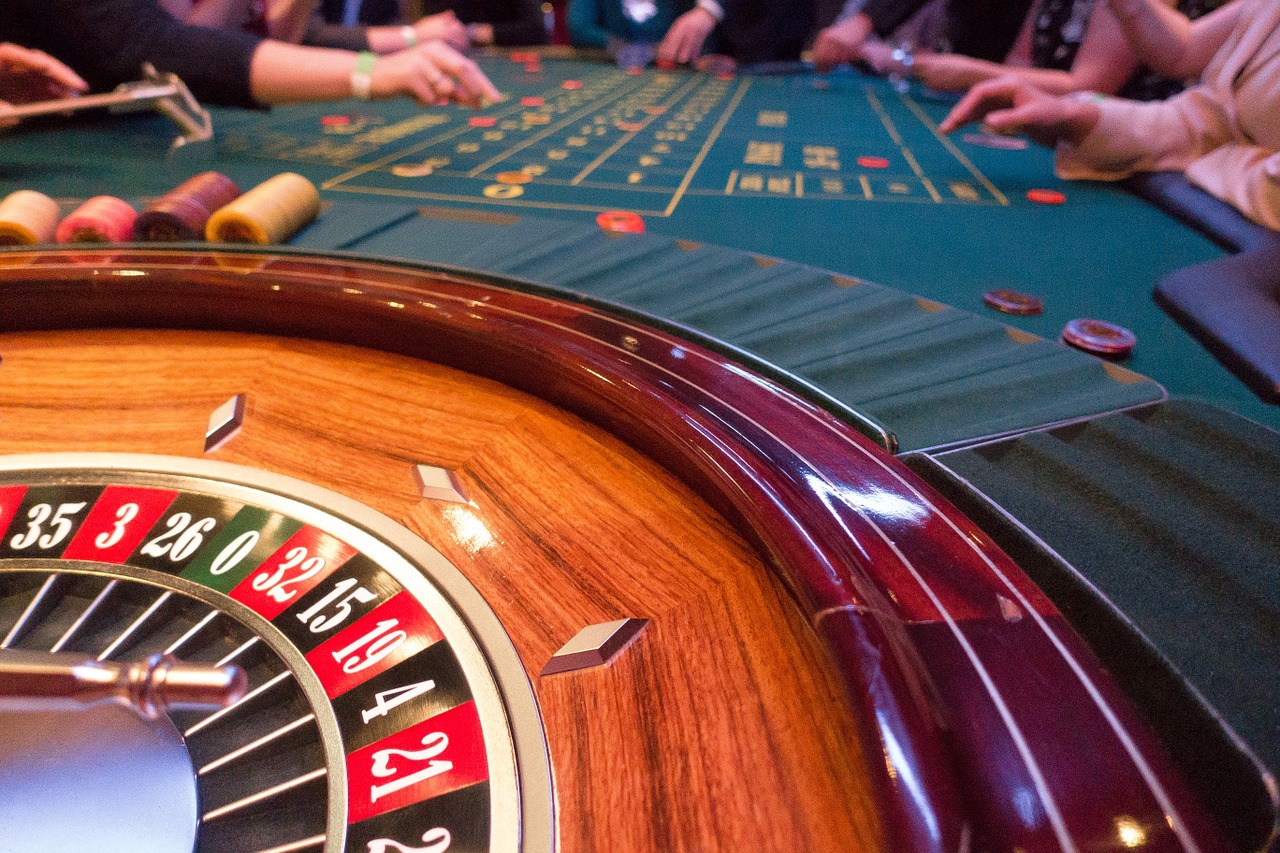
Gambling has been an integral part of human entertainment for millions of years, evolving through cultures and periods to become the exciting casino activities we know today. From the historical Chinese and Romans, who participated in various forms of betting and luck, to the sophisticated gaming floors of today’s casinos, the allure of gamble and reward has fascinated individuals across the globe. The shift from basic dice games and rudimentary betting setups to the extravagant settings of modern casinos reflects considerable strides in both social norms and technological advancements.
As societies evolved, so too did the complexity of gambling activities, with casino games emerging as a unique category of entertainment and excitement. These games have changed from casual gatherings centered around wooden tables to expansive, lavish establishments designed to lure players. Today, we investigate this captivating journey, studying how historical practices laid the foundation for the varied and exciting casino games that bring joy to millions worldwide.
spintax
Early Wagering Traditions
Wagering has deep roots in human history, with indications of activities of chance dating back to ancient societies. Archaeologists have uncovered that as far back as 3000 BC, the people of China were using rudimentary forms of betting with dice made from bones. Similarly, ancient Mesopotamians engaged in gambling activities, often relying on the throwing of lots or dice to determine results. These early forms of gambling served not only as entertainment but also played important roles in social and cultural practices.
The Egyptians also were involved in betting activities, with games that included betting on the outcomes of various events, including athletic events and spiritual festivals. gk88 Items such as dice and depictions of players from ancient tombs demonstrate that gambling was a common pastime. It provided both entertainment and a means of engaging in social interaction, often linked to celebratory occasions or major gatherings. This activity showed the universal appeal of chance and rivalry throughout history.
In ancient Rome, betting became a widespread practice among the populace, as shown in references in literature and the establishment of guidelines around certain activities. Romans enjoyed a variety of gambling activities, from betting on horse races to playing games like modern-day board games. The legal system surrounding these activities began to take shape, establishing the foundations for gambling regulations that would grow in the centuries to come. The popularity of gambling during this period set the stage for the development of gambling house games in the future.
The Development of Casino Games
Gambling games have undergone notable transformations from their beginnings to the contemporary entertainment offerings. In ancient civilizations, gaming was often connected to ceremonial practices, with dice games found in Mesopotamia and wagering on the outcomes of events in ancient Rome. These early forms of gambling laid the basis for the structured games we see today. The transition from informal gambling to regulated games happened as societies began creating rules and venues for wagering, reflecting cultural values and practices.
The medieval period saw the development of card games, which gained popularity among the nobility of Europe nobility. Games like primero and the game baccarat became staples in social gatherings. The creation of printing technology further facilitated the spread of playing cards, making them more reachable to the common people. As gambling houses began to multiply, these card games transformed into variations that catered to wider audiences, eventually leading to the founding of casinos as exclusive venues for gaming.
The 1900s marked a pivotal point in the evolution of casino games, with the ascendancy of commercial casinos in Las Vegas and other gaming hubs. This era saw the introduction of games like slot machines and modern variations of table games, complete with advanced graphics and complex betting structures. The introduction of online casinos in the late 1990s also revolutionized the gaming industry, allowing players to access a great variety of casino games from the safety of their homes. Today, gambling games persist to evolve, blending traditional elements with advanced technology to create immersive experiences for players worldwide.
Contemporary Gambling Regulations
In these years, the landscape of gambling regulations has developed considerably, especially as technology and online gaming have become more prevalent. Regulatory bodies around the planet have enacted various laws and guidelines to ensure that gambling activities are carried out equally, with responsibility, and clearly. These laws often encompass aspects such as permits, advertising, gambler safeguards, and responsible gaming measures. Authorities aim to minimize problems such as problem gambling and fraudulent activities while fostering a equitable gambling environment.
The emergence of online gambling sites has necessitated a different approach to oversight. Many jurisdictions have established specific internet-based gambling structures that serve internet-based gambling, enabling operators to provide their offerings within the law. These frameworks often demand operators to obtain licenses, follow strict security standards, and offer assistance options to help players. By vigilantly monitoring internet activities, authorities can more effectively protect players from potential harm and make sure that gambling is carried out in a safe manner.
Moreover, contemporary gaming regulations are increasingly focusing on sensible gaming strategies. Many gaming establishments and internet-based sites now implement features such as self-exclusion, deposit limits, and breaks to help players control their gambling habits. Educational campaigns aimed at raising awareness about the dangers of gaming are also common. As the sector continues to grow, the emphasis on responsible gaming continues to be a fundamental principle of governing efforts, reflecting a commitment to encouraging a secure and pleasant gambling experience for all players.